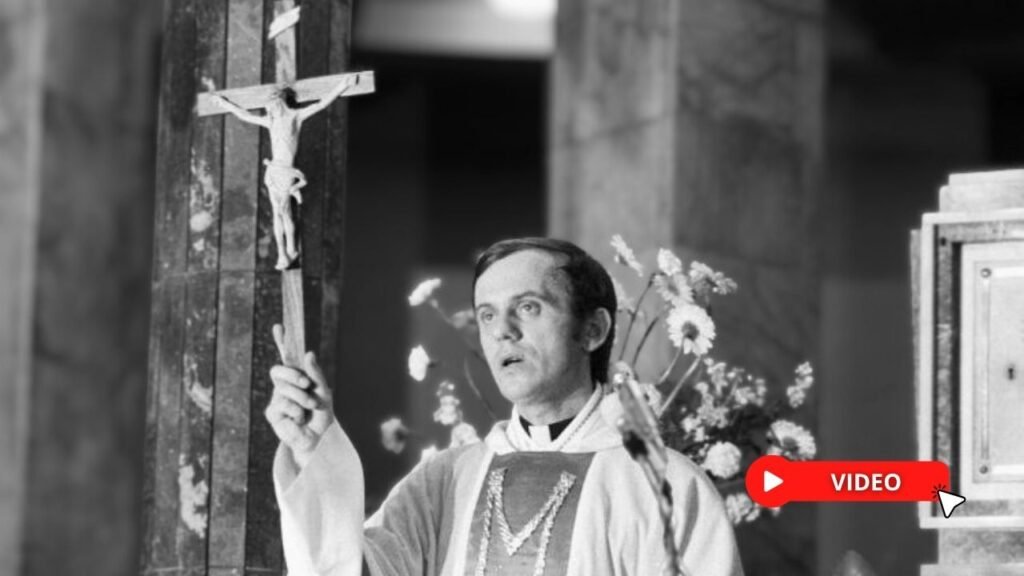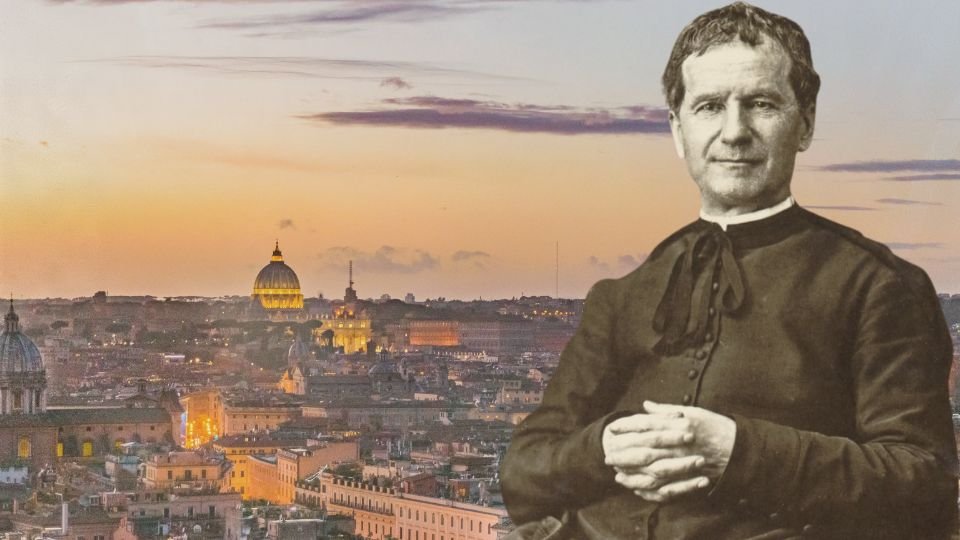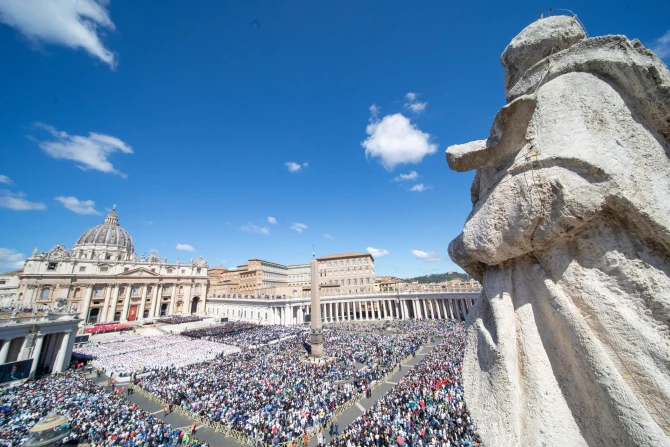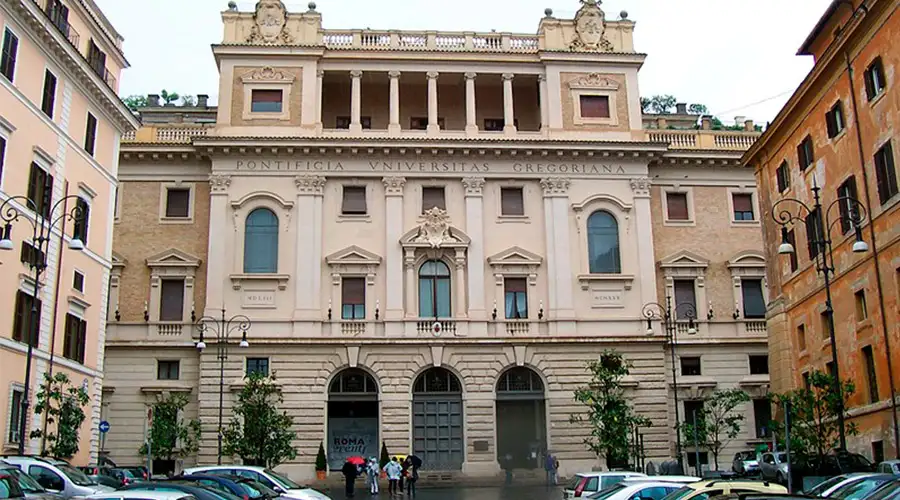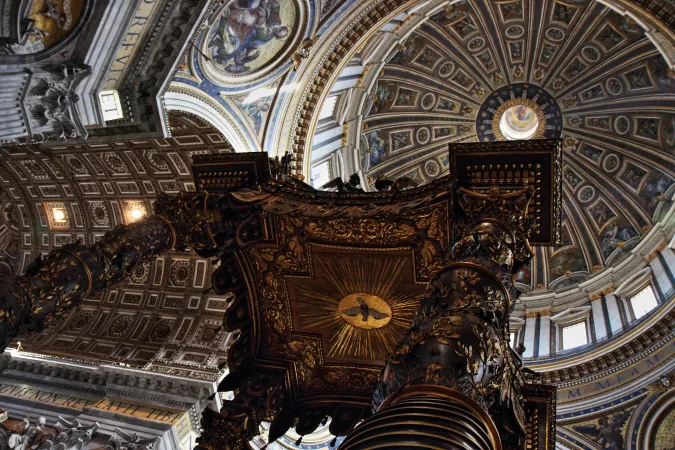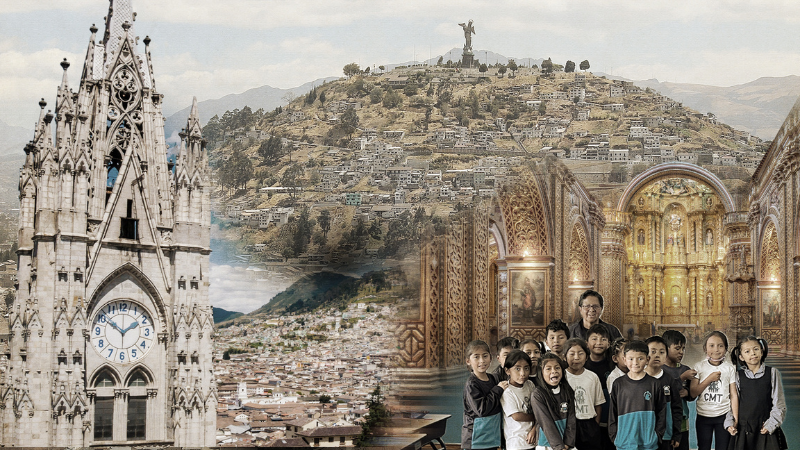VATICAN CITY / WARSAW — In 1984, Polish priest Fr. Jerzy Popiełuszko was brutally assassinated by agents of the Communist Security Service. He was kidnapped, beaten to death, and his body was thrown into a water reservoir. A fearless defender of faith and freedom, Fr. Popiełuszko became a symbol of resistance against the communist regime in Poland — remembered for his sermons on truth, human dignity, and freedom during the darkest years of oppression.
In 2010, under Pope Benedict XVI, Fr. Popiełuszko was beatified, recognized by the Church as a martyr for faith and justice. His legacy continues to inspire generations of Poles and Catholics around the world.
Fr. Popiełuszko’s brother, Józef Popiełuszko, vividly recalls the moment he learned of his brother’s disappearance.
“Well, at that time I was in Germany, at the house of my sister’s neighbor, doing some work to get by. I went there to work, and while I was there, the wife called to ask if I knew anything about Father Jerzy — I didn’t know anything, because I was still working in the forest service. She called me again, saying, ‘Come back.’
“You know, I took the car and drove off. I reached Warsaw. I’d been to Warsaw so many times. And I knew exactly where I was coming from. So many flowers, so many candles..”
The tragic news of Fr. Popiełuszko’s murder spread across Poland, uniting thousands in mourning and strengthening the call for spiritual and political freedom.
During the trial of Fr. Jerzy’s assassins, Józef and his family faced direct threats — forcing them to make a difficult choice for the safety of their children.
Marek Popiełuszko, Fr. Jerzy’s nephew, recalls the fear that haunted those years:
“And after the trial, which my father attended every single day, he heard from Piotrowski — maybe not these exact words, but something to this effect — a message saying that there will be no more Piotrowskis, but there will also be no more Popiełuszkos. My father took that as a threat, and together with my mother, they decided that they had to protect us, their children.”
Even in exile, the family carried Fr. Jerzy’s message of faith, forgiveness, and courage — a message that continues to shape the Church in Poland and beyond.
A decade ago, Józef and Marek Popiełuszko established the Blessed Jerzy Popiełuszko Foundation, dedicated to preserving his memory and spreading his values among young people. Among them is 19-year-old Eliza Pardyka, leader of the Foundation’s Youth Council. She represents the new generation inspired by the martyred priest’s example.
“You know, what really inspires me about Father Jerzy is his authenticity and his courage. Why his authenticity? Because he was always the same — he was simply himself, no matter what situation he found himself in, he was always true to himself.”
Through educational programs, youth initiatives, and cultural projects, the Foundation promotes Fr. Popiełuszko’s message of faith lived through service, truth, and moral courage.
The Foundation is currently building a museum in Okopy, the small Polish village where Fr. Popiełuszko was born. The site will commemorate his life, his suffering, and his enduring impact on Poland’s spiritual history. Recently, members of the Foundation traveled to Rome to meet Pope Leo XIV during a Wednesday audience. There, they asked the Holy Father to bless a coal stone — a symbolic gift from Poland’s miners, to be placed at the museum’s entrance.
Marek Popiełuszko described the emotional encounter:
“It was an amazing experience — I’m still deeply impressed. It was wonderful, and I hope that next time we’ll be able to attend the canonization, maybe soon. Perhaps the Holy Father will take a closer look at the matter, just as I asked him, and we’ll be able to come here again.”
Fr. Jerzy Popiełuszko’s story remains a cornerstone of Poland’s 20th-century history — a testament to faith stronger than fear. His voice, silenced by violence, continues to echo in every act of conscience and truth. As the Popiełuszko Foundation works toward the canonization of this modern martyr, his message endures: “Overcome evil with good.”
Adapted by Jacob Stein. Produced by Alexey Gotovskiy; Camera by Alberto Basile; Special thanks & Credits to W. Kryński (PAP), IPN Archives

